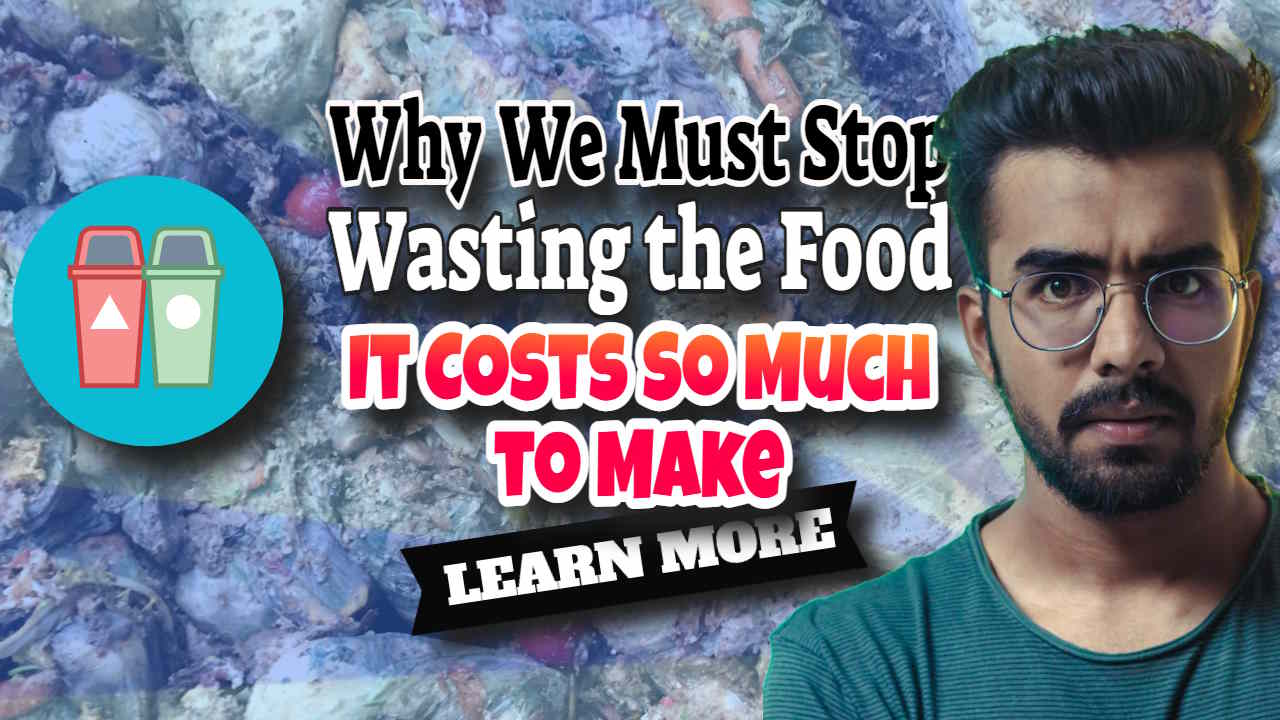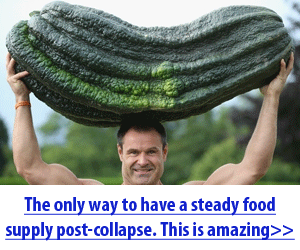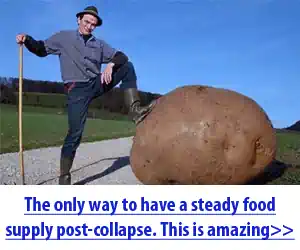Why We Must Stop Wasting the Food It Costs So Much to Make
by Robian
Posted on 04-03-2023 12:57 AM

We waste one-third of all food produced, enough to feed two billion people twice over. That’s a huge problem, not only for food security, but also for the planet.
Food waste is a growing issue in today's world, with one-third of all food produced globally estimated to go to waste. This waste has serious economic, environmental, and social consequences, including the waste of valuable resources, the contribution to climate change, and the starvation of millions of people. From the resources required to grow and harvest crops to the energy used in processing and transportation, the cost of producing food is high. Despite this, a shocking amount of food is wasted every day, both in the home and in the commercial sector.
To make matters worse, food waste produces a huge amount of greenhouse gases, including methane, which contributes to climate change.
This article will look at why we should stop wasting food and the benefits of doing so. There are numerous compelling reasons to take action to reduce food waste, ranging from reducing our environmental impact to addressing food insecurity.
1. Save Money
When you throw out food that isn’t good enough, it costs you money. And it’s a huge waste of resources and energy, too.
In addition, food that goes to landfill rots and emits greenhouse gases, which contribute to climate change. Fortunately, there are simple ways to stop wasting the food it costs so much to make.
1. Start by making a list of what you need so you won’t end up buying more than you need.
2. Take stock of what’s in your kitchen and fridge before heading to the grocery store.
3. Look for sales or two-for-one deals on the ingredients you use the most.
4. Consider getting a credit card that gives you cash back on groceries.
5. Try eating vegetarian or vegan once a week or more.
Using these money saving tips can save you both time and money in the long run, so don’t hesitate to give them a try! We’re confident you’ll be able to cut down on food waste and save some money while doing it!
2. Save Energy
Food waste is one of the largest environmental problems in the world. It wastes energy, water and resources that would otherwise be used to grow, process, store and transport food to consumers.
In addition to wasting valuable resources, food that gets wasted also adds to greenhouse gas emissions that cause climate change. By reducing the amount of food that goes to landfills, we can help reduce these impacts and save our planet.
There are many small changes that we can make to our lifestyles that will reduce our impact on the environment. Choosing to conserve energy is one of the most effective ways to do so.
3. Save Water
Mustard is a great example of a condiment that can be made in large batches, which saves on energy and water. You can also make your own mustard from seeds, rather than using a store-bought brand.
The process is simple: gather seeds, rinse them and then place them on a wet towel to rehydrate. This stops the sprouting and extends the shelf-life of the mustard seed.
You can then use this to make your own homemade mustard, and even salad dressing. You can add spices, herbs and other ingredients to really kick it up a notch.
To get the maximum amount of spiciness and flavour, use cold water when making your own mustard. Heat will actually deactivate the chemical reaction that gives mustard its bite, so it's best to stick to ice-cold water. You can also try different vinegars, mustard seed blends or other ingredients to create your own signature recipe.
4. Save the Planet
More than a third of the food we produce is wasted or binned, adding up to 1.3 billion tonnes each year. This waste rots in landfills, releasing methane and contributing to climate change.
There are a number of ways we can stop must wasting the food it costs so much to make. The most obvious is buying fewer foods, but there are also more subtle changes that can be made.
For example, instead of buying a large quantity of spinach, which can be thrown out before you even get to use it, plan your meals so that you only need a small amount each week. Or, if you have leftovers, donate them to charity or trade them with your neighbours on apps like Toogoodtogo.
Another way to reduce waste is to compost your food, which can not only save money on waste disposal, but also slow climate change by preventing methane from being released into the atmosphere. This process can be done in your own backyard or in composting facilities.
However, it is much better to anaerobicallydigest food waste as we explain in the next section.
Government Intervention and the Future of Food Waste Management
In the UK, as in many nations, the government has finally stepped in to mandate the separate collection of household and kerbside household and commercial kitchen waste. This crucial step is aimed at improving the management of food waste, reducing its environmental impact, and harnessing its potential as a valuable resource. The organic content of the food waste collected through these programs will be sent for anaerobic digestion, a process that converts the waste into renewable energy and produces a natural crop fertilizer, which is essential for sustainable agriculture.
Conclusion
The implementation of these measures represents a significant shift in how food waste is managed, and a big step toward reducing and in time stopping the appalling waste of food happening today.
By diverting organic waste from landfills and instead using it to generate renewable energy and valuable by-products, we are not only reducing greenhouse gas emissions but also closing the loop in the food production cycle.
This holistic approach ensures that we maximize the value of food waste, turning what was once a problem into a solution for both energy production and soil health. As we continue to adopt these practices, we move closer to a more sustainable and resilient future.


